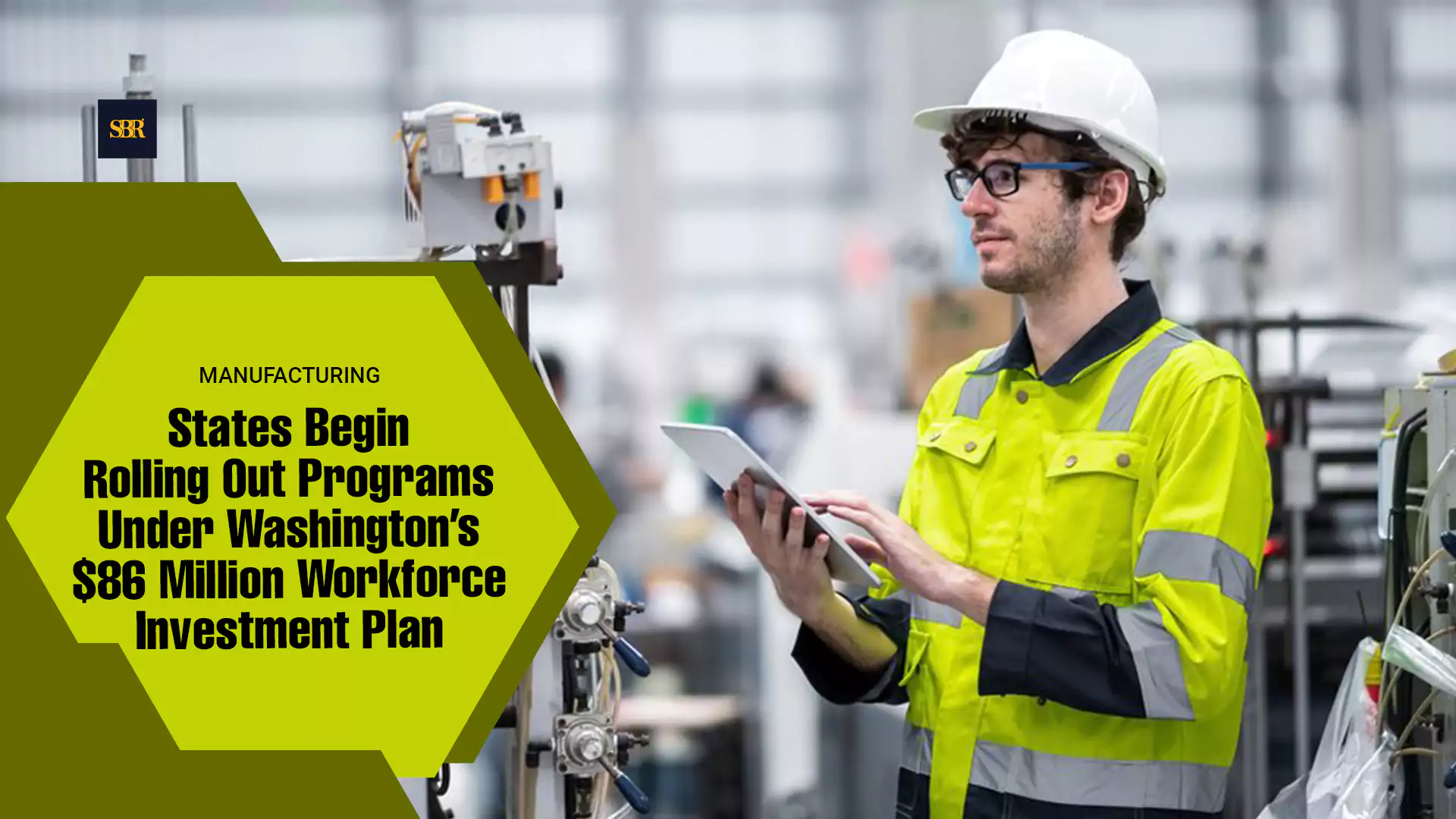WASHINGTON, May 7, 2025 — U.S. Treasury Secretary Scott Bessent and chief trade negotiator Jamieson Greer will meet with Chinese Vice Premier He Lifeng in Switzerland this weekend, marking the highest-level contact between the two nations in months and potentially opening a path to easing a punishing trade war that has rattled global markets and supply chains.
The meeting, confirmed by Washington late Tuesday, triggered an uptick in U.S. equity index futures, with Chinese and Hong Kong markets following suit during Asian trading on Wednesday.
The renewed engagement follows a period of intense trade hostility. Since April, tariff rates between the U.S. and China have surged above 100%, prompting Bessent to equate the situation to a de facto trade embargo. The White House’s imposition of sweeping duties on dozens of nations has only deepened the uncertainty, drawing sharp responses and countermeasures.
Two sources familiar with the planning said the Geneva discussions will cover potential tariff reductions, specific product duties, and contentious issues such as the end of de minimis exemptions on low-value imports. Export controls are also expected to be on the table.
“My sense is this will be about de-escalation,” Bessent told Fox News. “We’ve got to de-escalate before we can move forward.”
Beijing’s State Council declined to comment, but China’s commerce ministry later acknowledged the meeting, indicating that it had considered “global expectations,” domestic interests, and the appeals of U.S. businesses and consumers in making the decision to re-engage.
This session marks the first formal high-level interaction since U.S. Senator Steve Daines visited Chinese Premier Li Qiang in March. Until now, Beijing had consistently refused negotiations unless Washington rolled back its tariff regime.
However, on Friday, China signalled a potential shift, stating it was “evaluating” Washington’s proposal. Still, Chinese officials remain publicly firm. “Our position of firmly opposing U.S. abuse of tariffs has not changed,” Foreign Ministry spokesperson Lin Jian said Wednesday.
The toll on China’s economy is mounting. The country’s vast manufacturing sector continues to bear the brunt of U.S. tariffs, with analysts trimming 2025 growth forecasts. Investment bank Nomura warned that up to 16 million jobs may be at risk.
In a bid to shore up economic stability, China’s central bank on Wednesday introduced new stimulus measures, including rate cuts and liquidity injections into the banking system — moves analysts say are as much about optics as they are about economic support.
“There’s almost certainly also an element of signalling to the U.S. government ahead of the upcoming meeting,” said Christopher Beddor, deputy China research director at Gavekal Dragonomics. “The message is that Chinese officials are not panicked or scrambling to shore up economic growth, and they’re not going to be negotiating from a position of weakness.”
Mixed Signals From Washington
Since President Trump’s announcement of a 10% blanket tariff on most countries on April 2, U.S. officials have accelerated trade negotiations worldwide. That rate is set to rise sharply on July 9 unless bilateral deals are reached. In parallel, the administration has implemented 25% tariffs on autos, steel, and aluminium — and 145% on a broad range of Chinese imports, with pharmaceuticals next in line.
China countered with tariffs of up to 125% on American goods. The European Union is also preparing retaliatory measures.
While the Switzerland meeting is seen as an opening for dialogue, experts remain cautious about outcomes. “For more comprehensive geopolitical negotiations to be possible, tariffs would need to be lowered first,” said Bo Zhengyuan of Plenum, a Shanghai-based consultancy. “The key is whether both sides can agree on the extent and scope of tariff rollbacks.”
Bessent echoed this uncertainty, stating that the focus of Saturday’s meeting is still being determined. “Look, we have a shared interest that this isn't sustainable,” he said. “And 145%, 125% is the equivalent of an embargo. We don't want to decouple. What we want is fair trade.”
The Trump administration’s approach has drawn criticism for inconsistency. While officials cite negotiations with 17 countries, the impact of tariffs has widened the U.S. trade deficit — even as imports from China have shrunk under the weight of retaliatory duties.
Trump told reporters on Tuesday that his team is reviewing several trade agreements and could finalize some within the next two weeks. Bessent noted that countries including Britain and Indonesia have made progress, with offers on both tariff and non-tariff barriers.
Whether these diplomatic overtures will materialize into durable agreements remains uncertain. But the Geneva talks may provide the clearest test yet of whether both Washington and Beijing are prepared to step back from confrontation.
We have got to de-escalate before we can move forward.

















